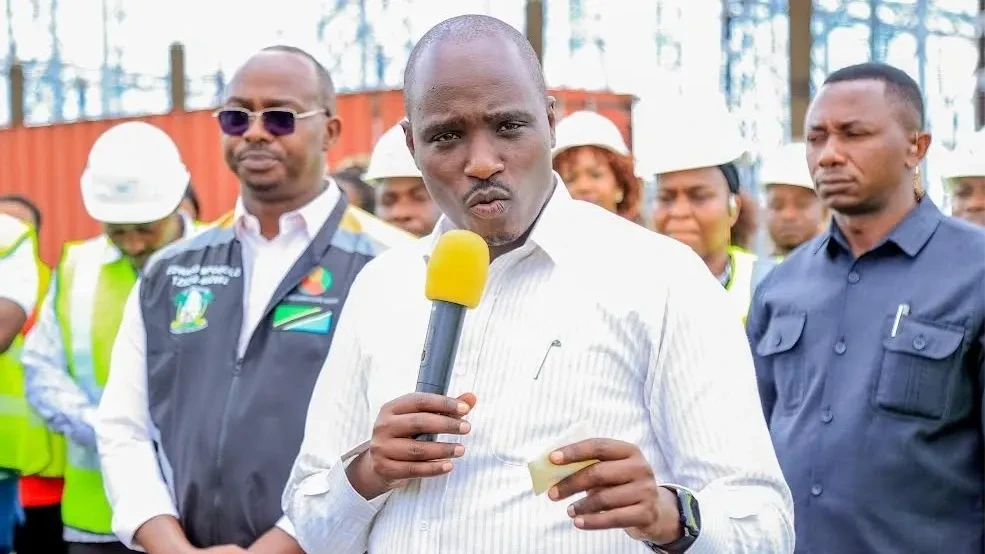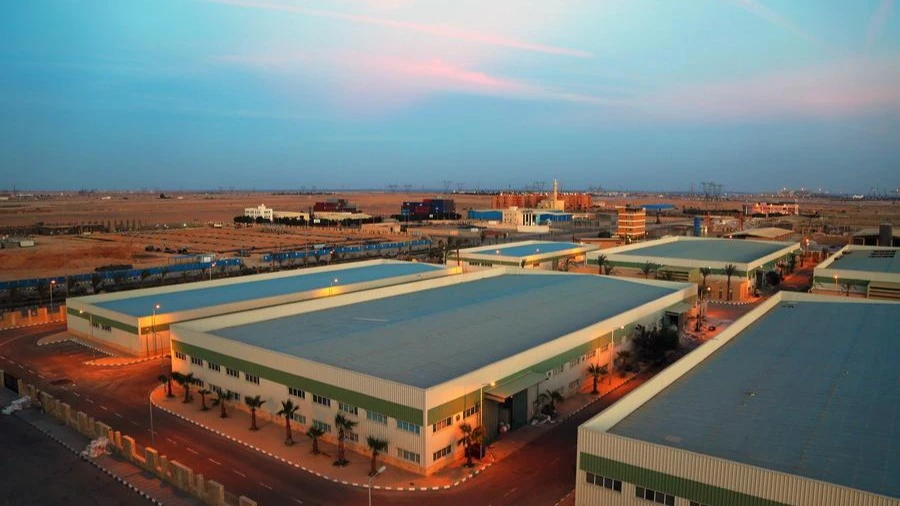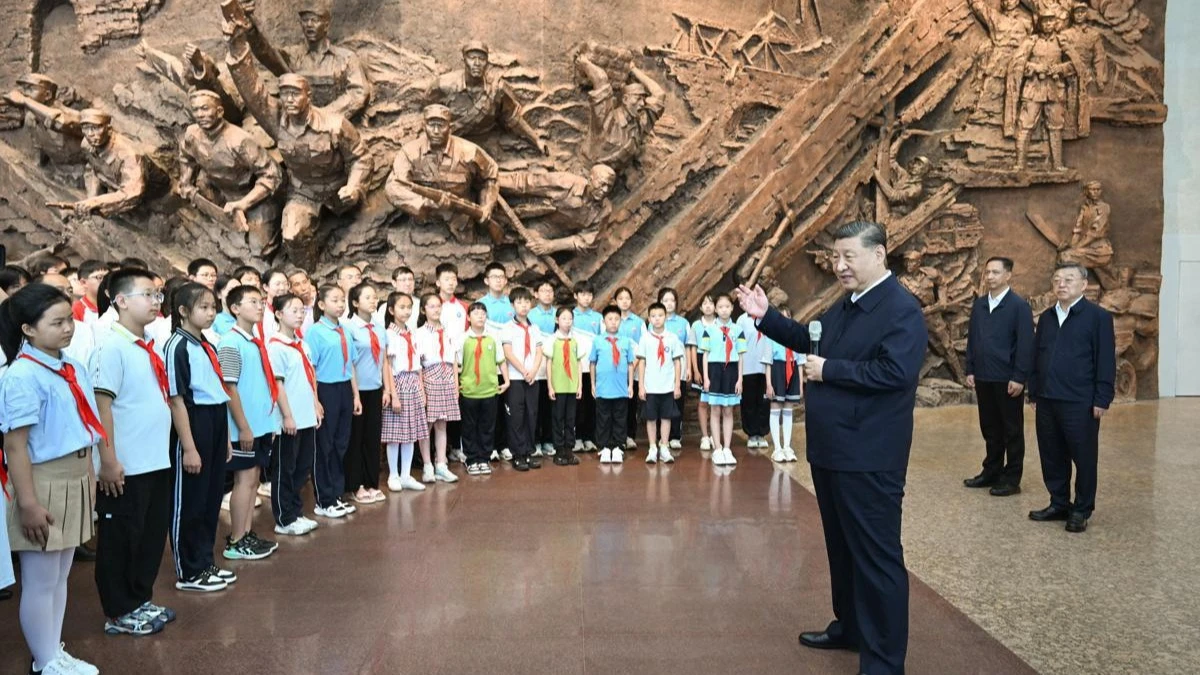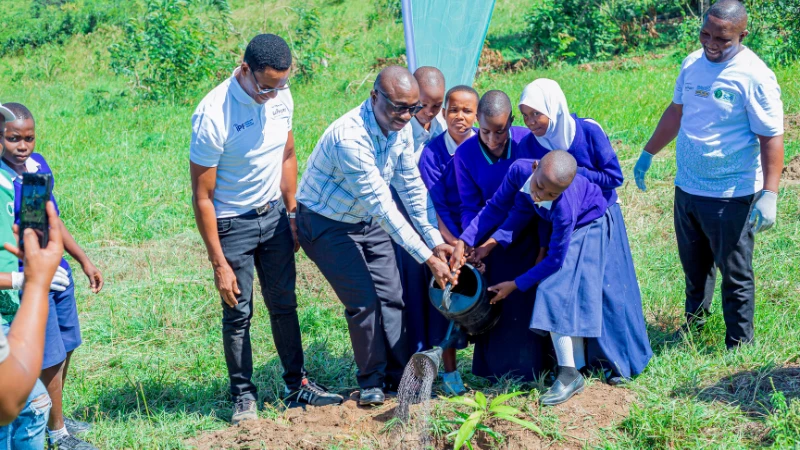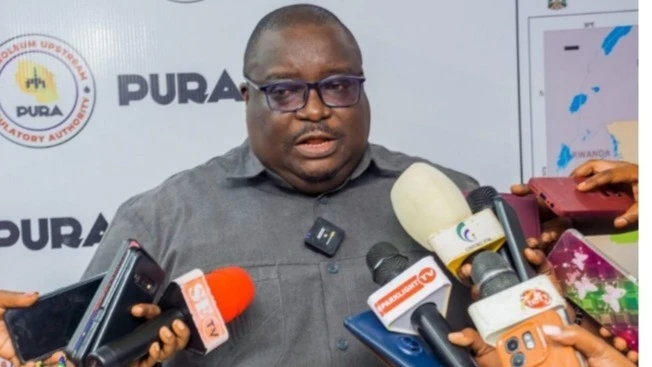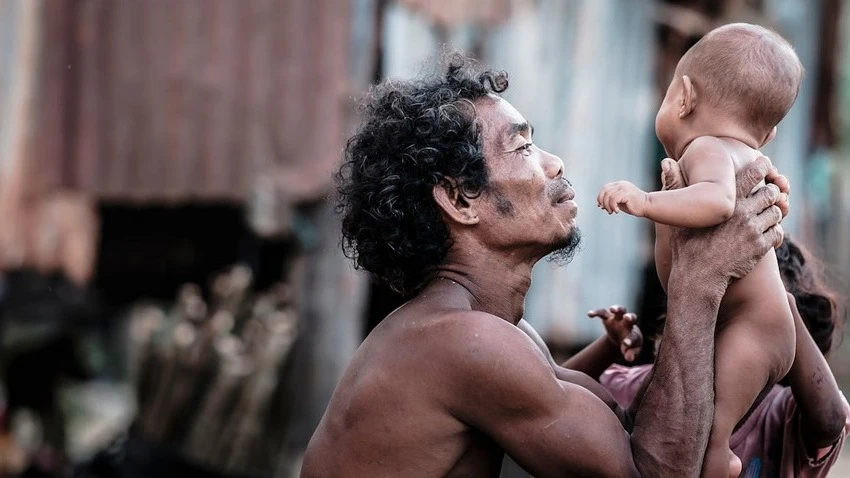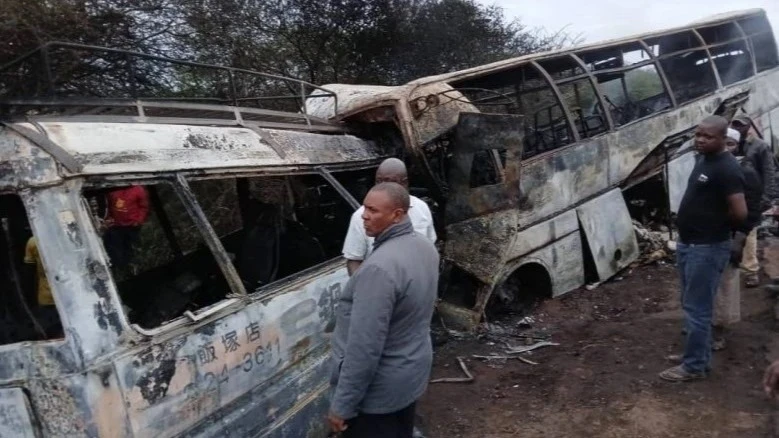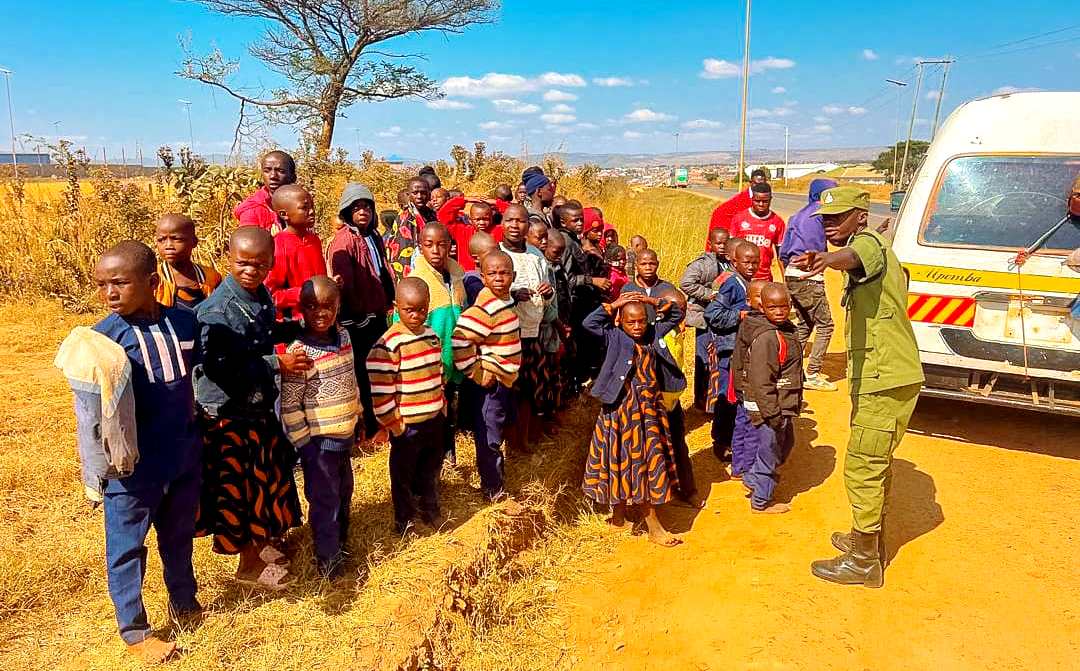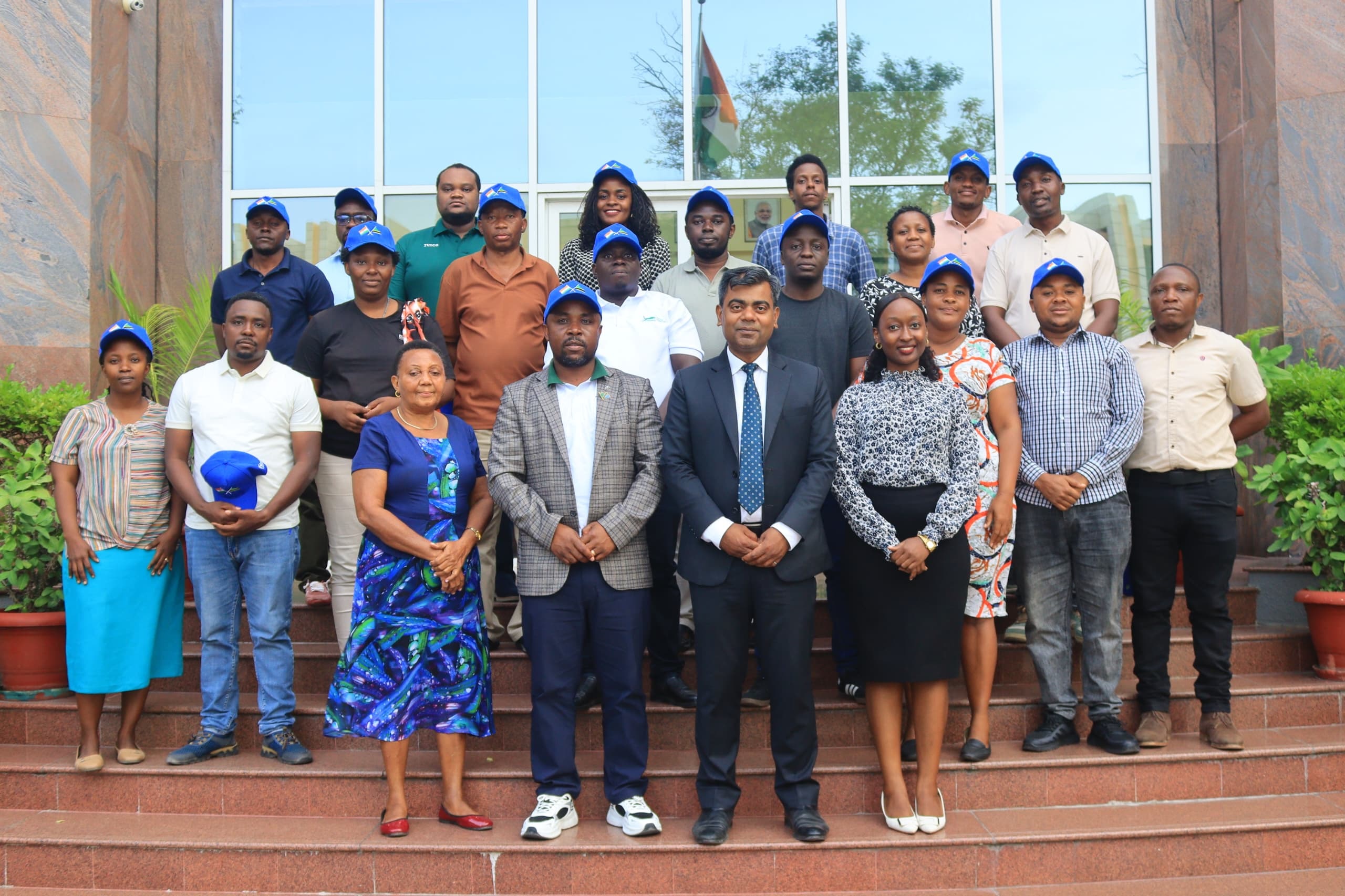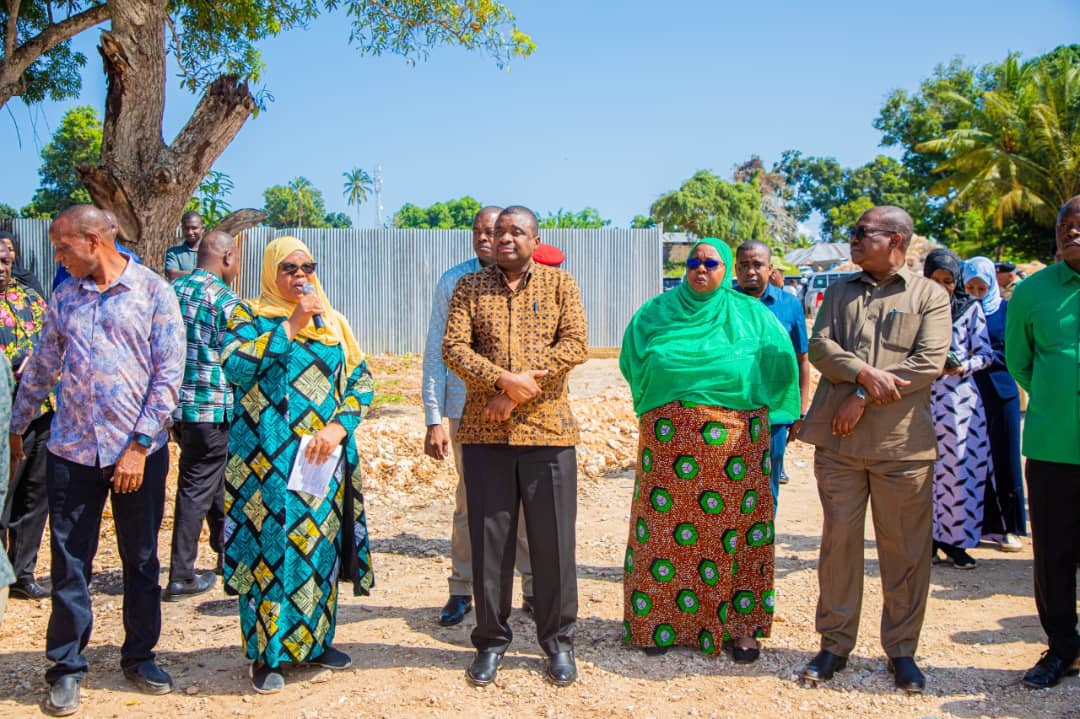Govt partners EU to enhance critical minerals
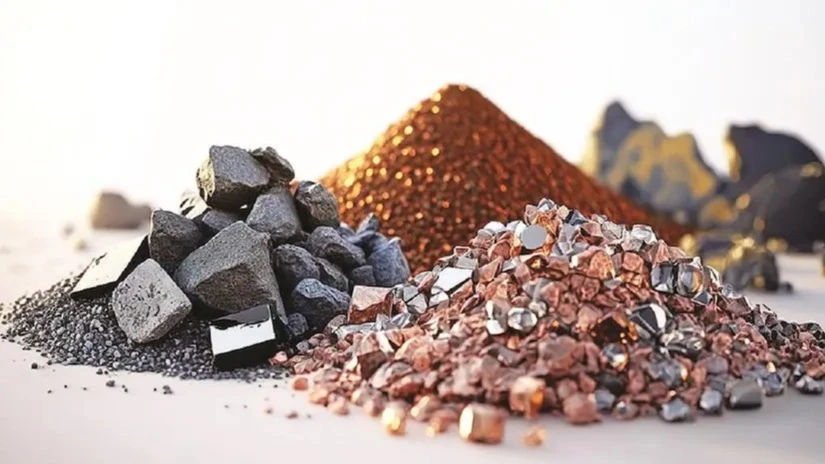
THE government has banked on its long standing partnership with the European Union (EU) to enhance the country’s critical minerals for sustainable clean energy transition and economic development in the wake of climate change threats.
Msafiri Mbibo, Minerals Deputy Permanent Secretary made the affirmation yesterday in Dar es Salaam when he graced the launching of the 2025–2029 PanAfGeo+ Programme, funded by the European Union.
This programme follows eight years and two previous phases of PanAfGeo, marking a renewed and strategic commitment to enhancing Africa’s geoscientific capacity and deepening cross-continental collaboration in the sustainable management of mineral and geoscience resources.
Mbibo said that following the increased global demand of critical minerals that produces critical raw materials which also face high risk of supply shortage, since the past four years the country’s mining sector has experienced growth in survey targeting graphite, Lithium, Nickel, Niobium, Cobalt and Rare earth elements due to government’s willingness to dedicated initiatives.
He said the government is certain to see that critical minerals present a transformative opportunity to drive a sustainable economic growth to Tanzania while contributing realizations to the global clean energy transition.
He said Tanzania is strategically positioned to play a pivotal role in the global shift away from fossil fuel due to its reach in key critical minerals.
Mbibo asserted that the government has started conducting high resolution geophysical airborne surveys across the country among other efforts with a target of boosting the current 16 percent to achieve at least 50 percent of the total country’s critical minerals surveyed area by 2030.
According to him, these efforts will enhance geological data which will allow accuracy in assessment of the minerals potential that will contribute to reducing exploration risks and guide investment decisions facilitating sustainable resource development.
“A successful geological mapping will support government and private sector efforts to prioritize exploration zones, improve land use planning and attract foreign direct investments,” he said.
In that regard, he said, the European Union through the PanAfGeo+ fits in as an appropriate partner to enhance Tanzania’s geoscience through capacity building of professionals in the geological area through GST.
This initiative will help in developing a comprehensive and up-to-date geoscientific database critical for identifying and accessing mineral resources that will enhance transparency and therefore reduce risks for investment.
He acknowledged that Tanzania is still in its earliest stage of harnessing potential for critical minerals to fast-track a shift to clean energy and industrialization.
“Already there are 12 projects for critical minerals including six projects for graphite three of them being in the productive stage, one project for nickel, two projects for heavy mineral sands, one for rare earth element and one project for niobium and one project for uranium,” he said.
Mbibo noted that these projects are poised at enhancing Tanzania’s role in the global critical minerals market. The country is focusing on legal reforms, geological survey, infrastructure development, local content promotion’ and on environmental and social governance (ESG) to ensure responsible mining activities in development of critical minerals projects.
“Critical minerals are fundamental to the global economy underpinning the enhancement of technology and the transition to a sustainable energy system,” he said.
Tirza van Daalen, President of EuroGeoSurveys (EGS) said since its inception in 2016, PanAfGeo has trained over 1,750 geoscientists from 54 African nations of which Tanzania has trained over 100, making it the most ambitious geoscientific capacity-building programme on the continent.
“PanAfGeo+ is more than a scientific programme - it is a vehicle for transformation. It is how we translate knowledge into development, and cooperation into progress,” said Daalen.
Rokhaya Samba Diene, President of Organisation of African Geological Surveys (OAGS) said PanAfGeo+ reflects the spirit of Team Europe - advancing science, sustainability, and solidarity.
“This partnership reflects a shared ambition: empowering African Geological Surveys to lead in knowledge, resilience, and sustainability,” said Diene.
Christine Grau, Ambassador of the European Union to Tanzania said the programme in Tanzania aims to strengthen geoscience and support the green transition.
According to the Ministry of Minerals budget speech 2025/26 currently the minerals sector contributes significantly to the country’s gross domestic product (GDP) through export earnings and taxes with a magnitude of 10.1 percent by May this year.
Export contribution has grown from USD3.1 billion in 2021, a 53.8 percent of total export to USD3.5 billion in 2023, a contribution of 56.2 percent.
The mining sector is significant to the national coffers in both tax and non-tax revenues in foreign direct investments, infrastructure development and supporting growth of businesses and social services through local content vested in corporate social responsibility (CSR).
The mining sector is regarded as a key driver of industrialization and economic diversification playing a central role in advancing Tanzania’s long-term development goals and improving livelihoods across the country.
Top Headlines
© 2025 IPPMEDIA.COM. ALL RIGHTS RESERVED











